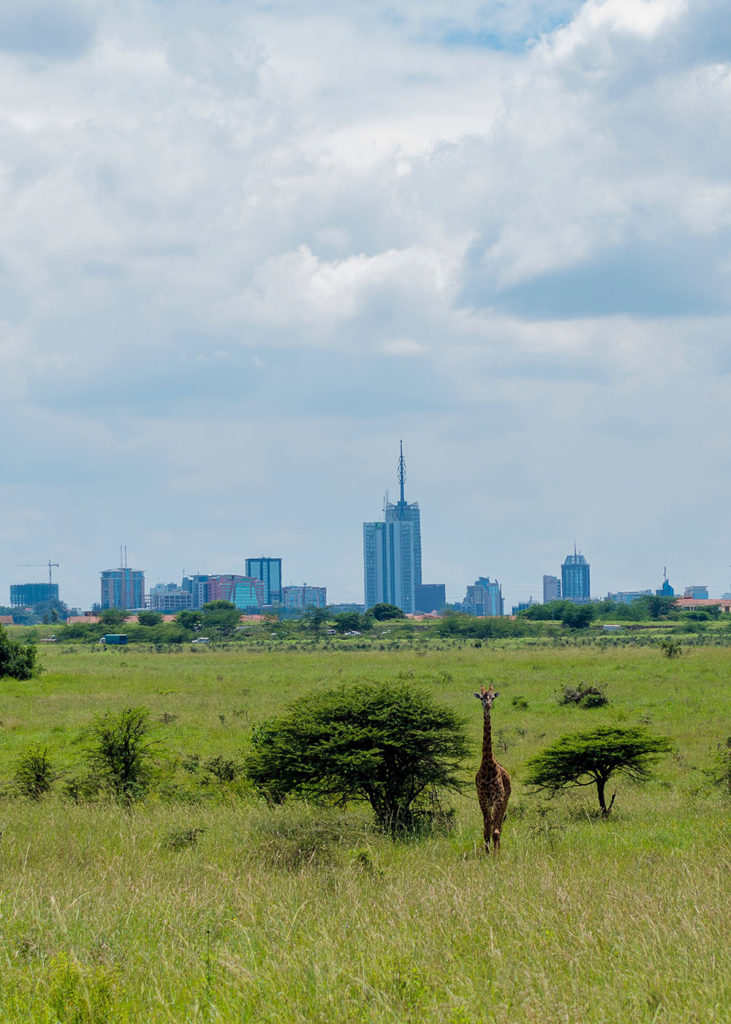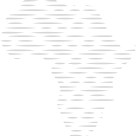Biodiversity data can inform global and national policies and sustainable development plans, which help to conserve the natural resources on which we depend. But barriers, such as data availability and accessibility, are preventing this information from being used effectively in just and sustainable decision-making processes in Africa. To overcome these limitations, an Africa-based online platform has been created, where data from biodiversity experts is channelled to decision-makers to assist them in the achievement of sustainable development goals. The project will contribute to mainstreaming biodiversity in decision-making, and thus account for the importance of nature to human well-being.
Africa is one of the most biologically diverse regions on the planet, hosting a range of unique and varied ecosystems that support people across the continent. However, Africa also has one of the highest GDP growth rates of any region, and increasing urbanisation and agricultural expansion take a heavy toll on natural systems. Exploitation, habitat destruction, pollution, deforestation, and climate change drive the high rates of biodiversity loss on the continent, at a pace more rapid than ever in human history. Degraded ecosystems are no longer able to the supply goods and services on which we depend, with devastating consequences for human well-being. How can Africa support socio-economic growth while still conserving nature’s ecosystems on which its people depend?
Decision-makers, including national ministries, development and land-use planning authorities, conservation agencies and the private sector, have the tricky task of balancing the socio-economic needs of the continent’s growing population with the need to conserve natural resources and ecosystems as per national and global policy. To guide decision-making that recognizes the role of biodiversity and its services in ensuring just and sustainable development, evidence-based information on the impact of human activity on biodiversity is needed. If this data is so important to inform decision-making in Africa, why is it not already being used effectively for these purposes?
At a workshop hosted by the United National Environment Programme World Conservation Monitoring Centre (UNEP-WCMC) and the World Wide Fund for Nature (WWF), more than 40 stakeholders representing governments, civil society organisations and UN agencies, including delegates from 20 African states, highlighted that the key barriers to the use of biodiversity information in decision-making processes are data availability, data quality and usability, willingness to collect and use data, and financial and technical capacity (Stephenson et al, 2017).

Workshop participants noted a need for increased collaboration between decision-makers and the scientists, institutions and initiatives who monitor biodiversity to facilitate mutual understanding of what is needed to enhance the use of biodiversity data in Africa. While some data on the impact of human activity on biodiversity does exist, decision-makers aren’t willing or able to use it if it is not readily available in a format that is simple to understand and relevant to the issues at stake.
To ensure that data is translated into a usable format, decision-makers and biodiversity professionals need to engage and work with one another openly and constructively. This information must be readily available, not just to experts in the field, but to the general public, to raise awareness on how biodiversity loss affects our human existence and the steps that can be taken to secure a more just and sustainable future. This project aims to overcome these barriers to ensure that biodiversity data can be made available for decision-making processes in Africa.
Fostering a continent-wide collaboration between biodiversity experts, decision-makers and the public, the project will estimate how much original biodiversity remains intact in the face of various land uses and related pressures across Africa. The knowledge of hundreds of biodiversity experts will be used to calculate the Biodiversity Intactness Index (BII), which provides a score of how all native species populations have been affected by human activity in a region.
While the data is collected and quantified, engagement with decision-makers will reveal the most appropriate way to present this information for use in “biodiversity mainstreaming” (when biodiversity considerations are integrated into decision-making processes). Mainstreaming the BII will be done in collaboration with the South African National Biodiversity Institute (SANBI), who assist partner African countries to build scientific assessment capacity and mobilise data for decision-making. Decision-makers will be able to access the data through the project’s online platform, thus gaining a deeper understanding of how biodiversity impacts human well-being.
Data can provide evidence of the value of biodiversity in sustaining life as we know it. Right now, in Africa, the lack of biodiversity data to guide decision-making processes jeopardises ecosystems, livelihoods and human well-being. Bridging this gap can advance strategies and efforts towards reaching sustainable development goals, and ultimately protecting a future for humankind.
